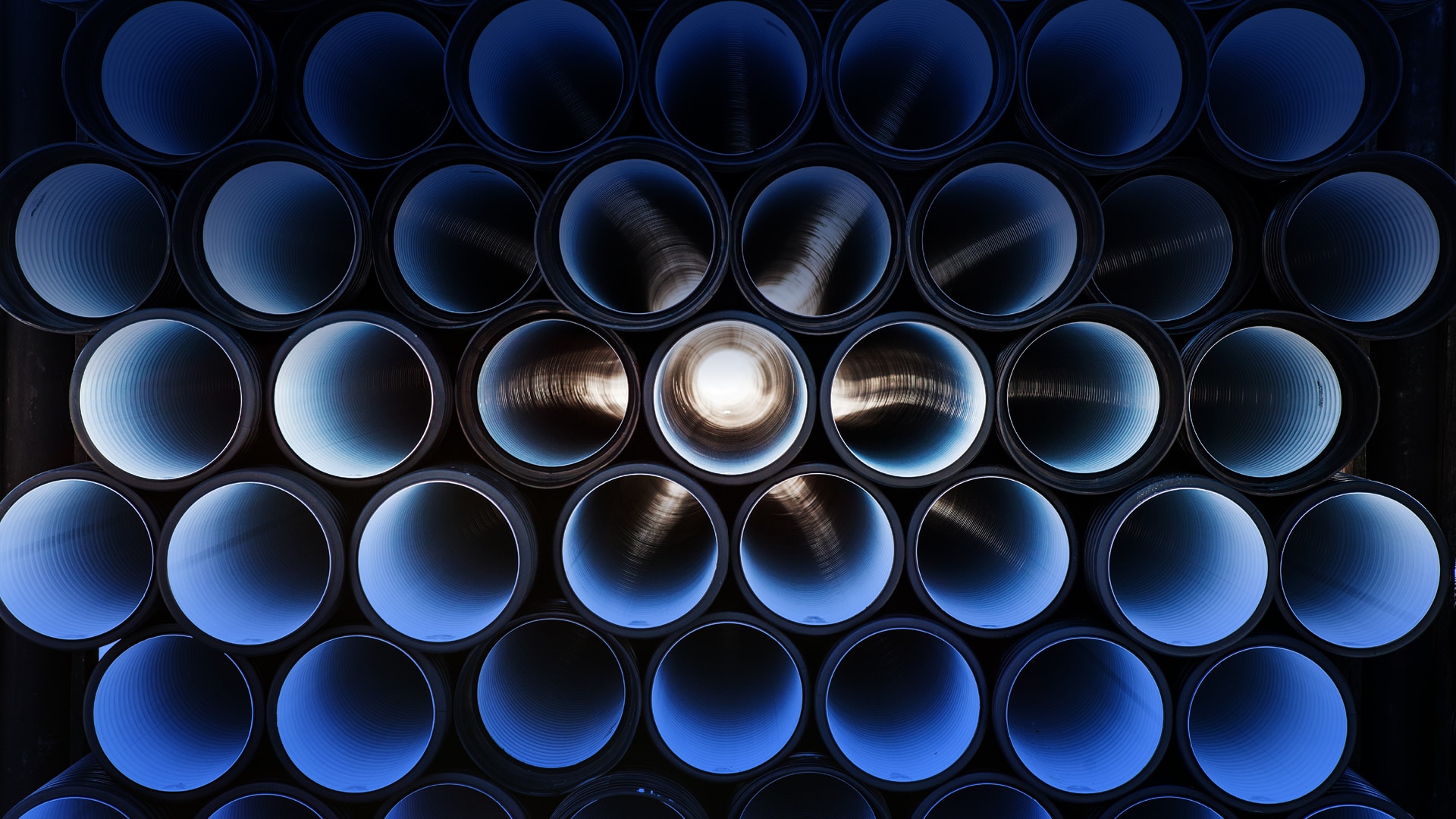Composting Food Waste: A Powerful Method of Waste Management
Normally, when food waste goes to landfill, it gets broken down by microbes. Starved of oxygen, these microbes emit methane. A greenhouse gas 25 times more potent than CO2. Composting food waste can solve this problem and leads to extra environmental benefits, too. Microbes in compost can breathe all the oxygen they want. So instead of producing methane, these microbes recycle food waste into valuable organic matter.
Food waste is a major environmental problem. When food waste goes to landfill, it produces methane, a greenhouse gas 25 times more potent than CO2. Composting food waste can solve this problem and lead to other environmental benefits.
How composting works
In a landfill, food waste is broken down by microbes that are starved of oxygen. These microbes emit methane as a byproduct of their metabolism. In a compost bin, food waste is broken down by microbes that have access to oxygen. These microbes produce carbon dioxide and water as byproducts of their metabolism. Composting also locks in carbon and nutrients, which can be beneficial for soil health.
Benefits of composting food waste
- Composting reduces methane emissions from landfills.
- Composting locks in carbon and nutrients, which can help to mitigate climate change.
- It improves soil health, which can lead to increased crop yields.
- Composting food waste can help to conserve water.
Composting is a powerful method of recycling food waste. It has a number of environmental benefits, including reducing methane emissions, locking in carbon, improving soil health, and conserving water. The world needs to do more to compost food waste.
Here's more about why composting is a better way to deal with food waste.
La Agenda Semanal
Una actualización semanal de los temas más importantes de la agenda global
Más sobre Industrias en ProfundidadVer todo
Más sobre Industrias en Profundidad
Ver todo




